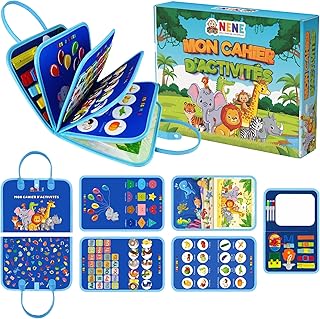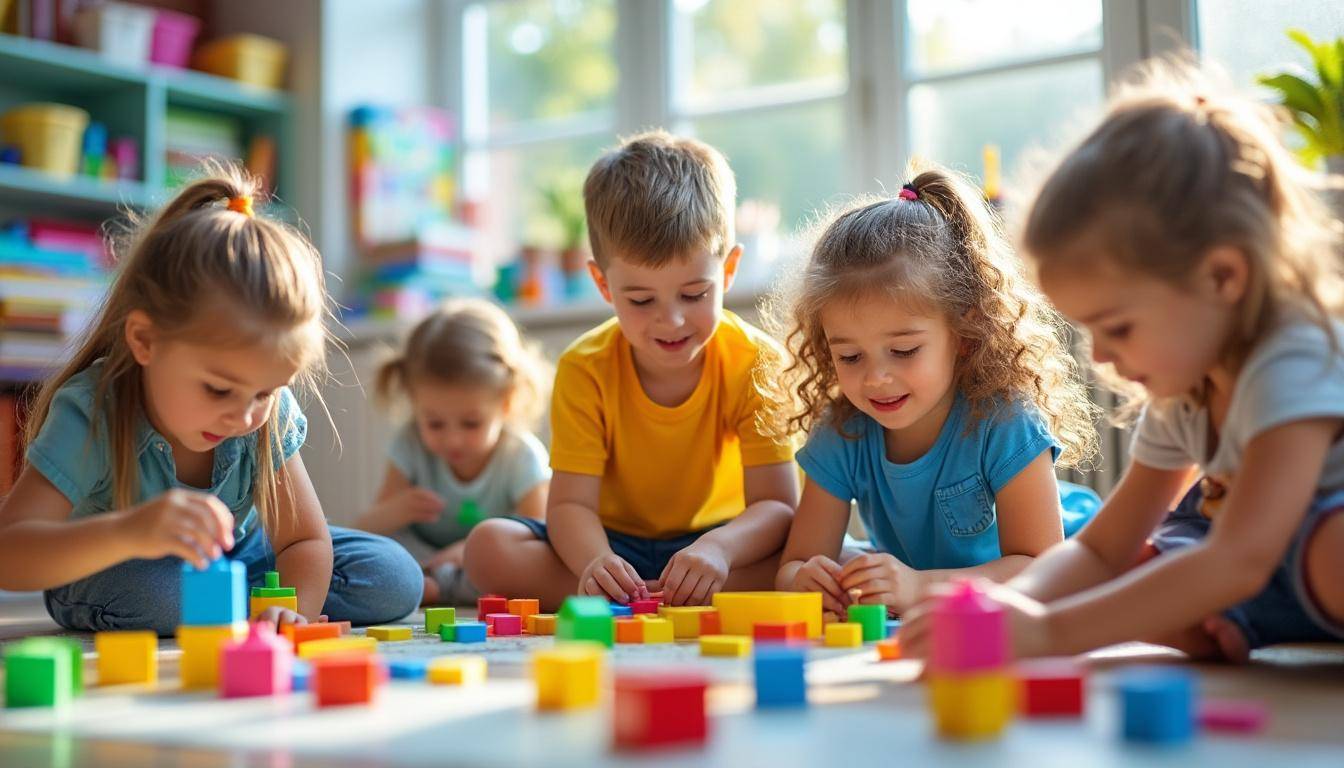


Understanding the Developmental Needs of Five-Year-Olds in Early Education
Expecting five-year-olds to sit still at desks for extended periods is often unrealistic considering their developmental physiology and natural learning tendencies. According to motor development research, young children have limited attention spans and are wired to learn through movement and play. The transition from organic, play-based environments in nursery and reception classes to structured desks in year one can feel abrupt and challenging for children.
- Children’s natural learning style involves movement, imagination, and social interaction.
- Play-based learning promotes language, social skills, and motor development.
- Developmental timing suggests a five-year-old can focus on seated tasks for about 15 minutes, but longer durations may diminish learning capacity.
Educators and parents are encouraged to respect these developmental stages, realizing that the shift to more formal learning should be gradual and well-supported to avoid pushing children prematurely into sedentary classroom behaviors.
Global Perspectives on Early Childhood Education and Play
Internationally, England’s approach to formal schooling from age four or five is an outlier. Many countries integrate structured play into early years learning or delay formal education to allow children to develop naturally. Examples include:
- Scandinavian countries where formal schooling often starts at six or seven.
- High-performing Asian educational systems, such as in China and Singapore, incorporating play-based principles in kindergarten and early primary years.
- Scotland and Wales mandate play as part of their key stage 1 curricula.
This global variance supports the argument that integrating play as a core component of early education empowers children to achieve holistic development and academic success.
Explore how educators worldwide emphasize early childhood education for insights on effective pedagogical models like Montessori and Reggio Emilia.
The Role of Play in Fostering Cognitive and Social Skills
Play not only fuels creativity and physical development but is also instrumental in developing foundational academic skills. From fostering language acquisition to enhancing problem-solving abilities, active engagement through play supports diverse learning areas:
- Language development: Role-play areas help expand vocabulary and communication skills effectively.
- Social skills: Children learn cooperation, emotion regulation, and conflict resolution during interactive play.
- Motor skills: Activities such as drawing or manipulating Lego Education sets aid fine motor coordination crucial for writing and other academic tasks.
- Cognitive growth: Play encourages critical thinking, creativity, and curiosity, providing natural contexts for exploring new concepts.
Institutions like KiwiCo and Learning Resources develop educational materials designed to complement play-based curricula, enhancing learning outcomes in diverse classrooms. Play also underpins wellbeing by providing opportunities for physical exercise and emotional self-regulation, essential for success within and beyond school settings.
Discover strategies on how children acquire language through play.
Challenges and Consequences of Early Formalization in English Education
Since reforms in 2009 and 2014, England has seen an accelerated push towards formal learning at younger ages, impacting children’s readiness and wellbeing. Key challenges include:
- Reduced play opportunities: Removal of creative spaces like ‘home corners’ limits natural developmental progression.
- Increased pressure: Expectations to master complex subjects earlier may cause stress and disengagement.
- Special educational needs: Children with diverse learning requirements struggle more under rigid, desk-bound systems.
The resulting rise in school refusal and developmental concerns signals a mismatch between the system’s demands and children’s needs. Reform advocates call for urgent curriculum revisions to reintroduce play and movement, reflecting evidence-based best practices.
Read more about supporting special educational needs within inclusive play-based frameworks.
Practical Approaches to Integrate Play in Early Learning Classrooms
Some schools lead by example, maintaining vibrant environments that balance play and academic rigor. Practitioners can consider:
- Setting up dedicated creative corners: Spaces for drawing, building with Lego Education pieces, or role-play that nurture motor and social skills.
- Incorporating outdoor learning: Support initiatives like Outdoor Classroom Day to enhance physical activity and real-world exploration.
- Using mindfulness programs: Models such as MindUP help children develop self-regulation and focus naturally.
- Employing diverse pedagogies: Integrate principles from Montessori, Waldorf, and Reggio Emilia to foster child-led, holistic learning experiences.
Families and schools working together can seek out settings prioritizing play, ensuring children’s early education feels alive with curiosity and joy rather than a premature shift toward structured desk work. This collaborative effort can promote developmentally appropriate transitions benefiting all learners.


